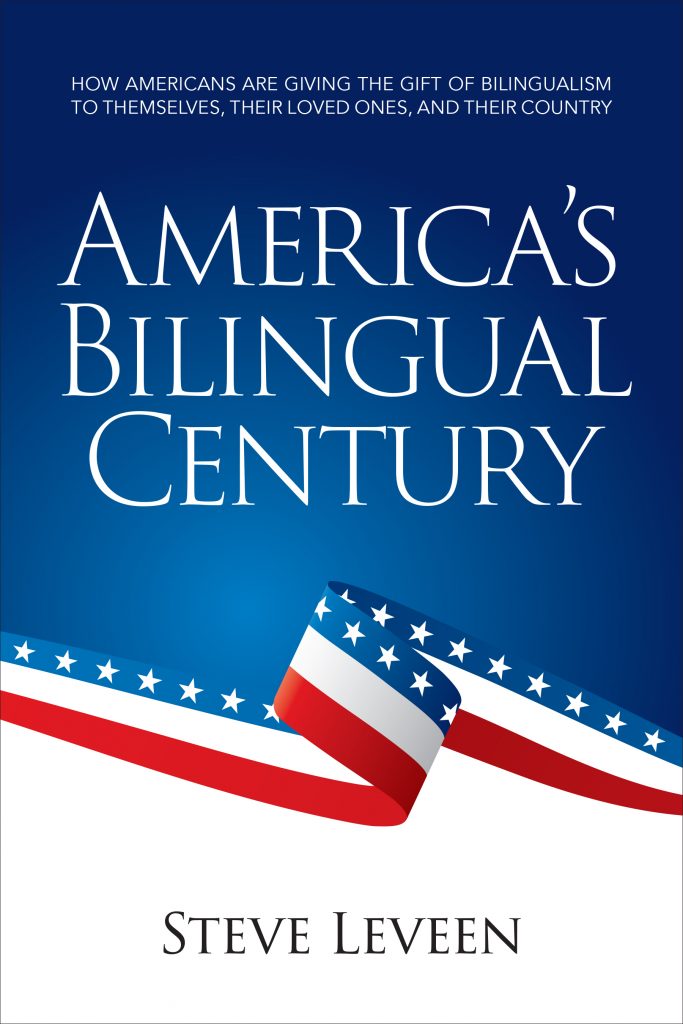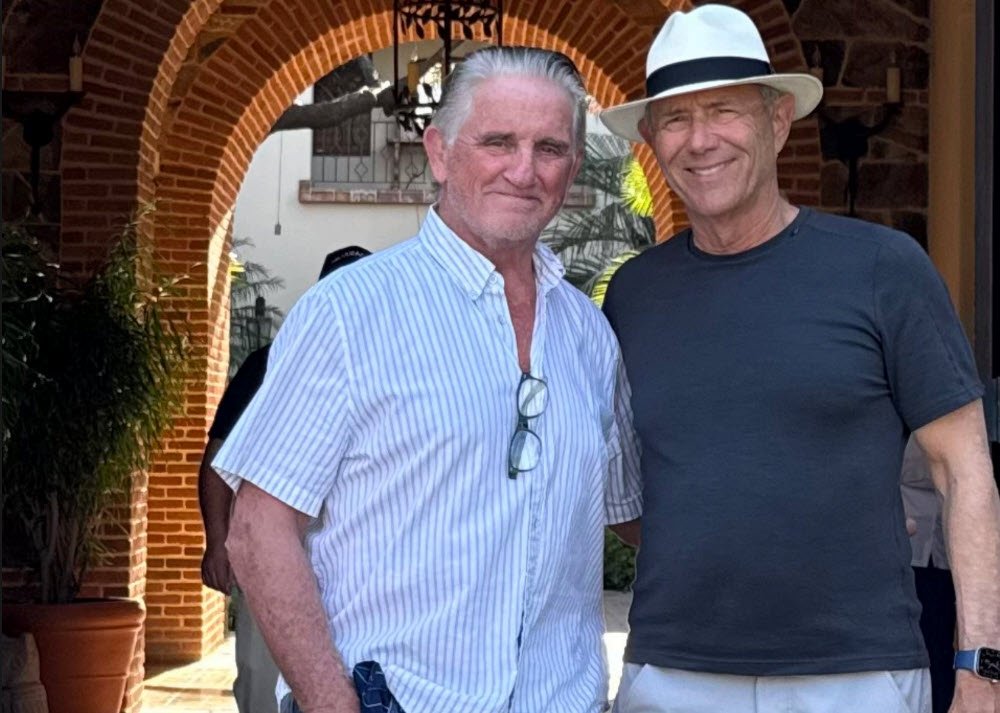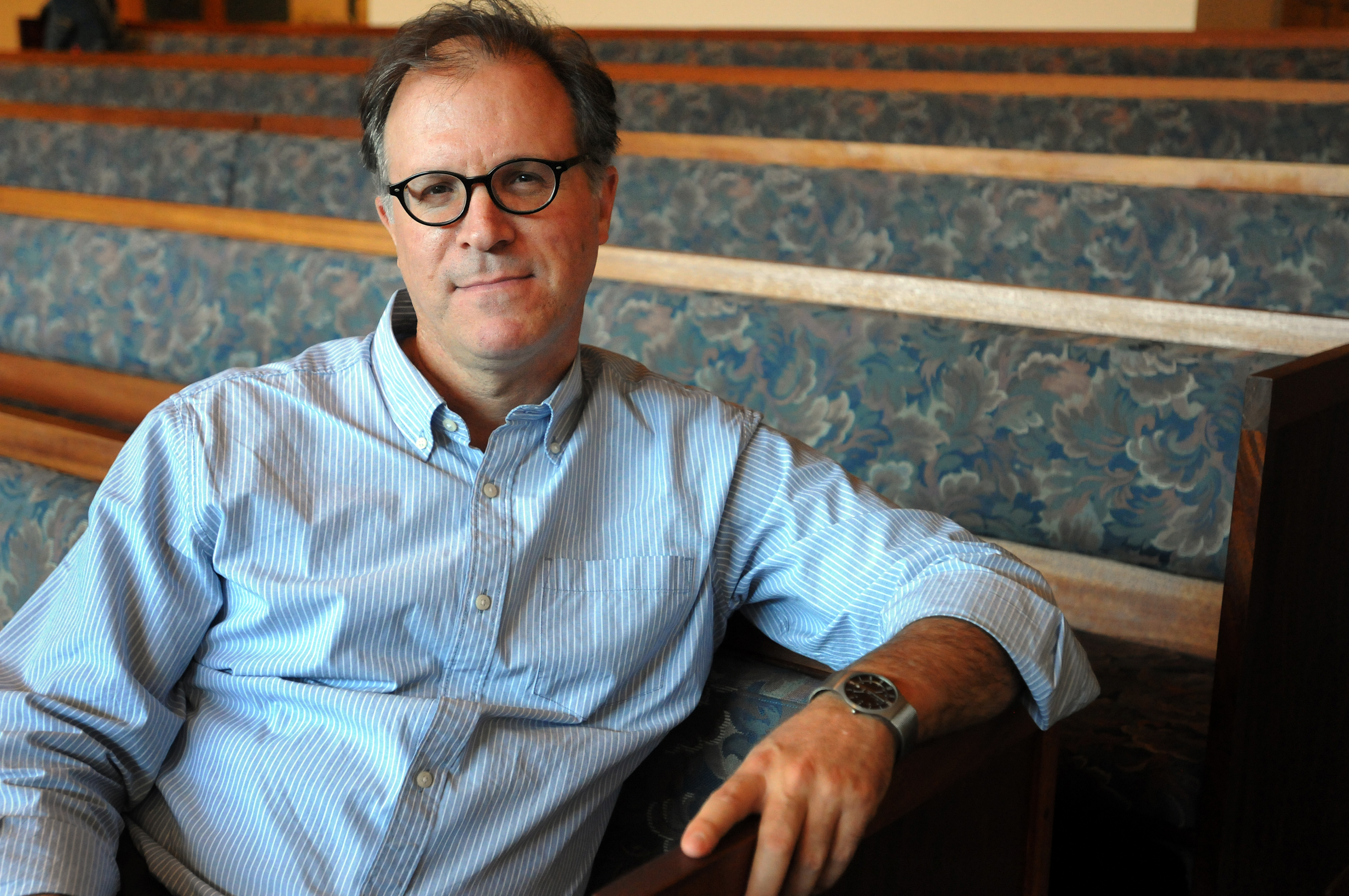72. kim potowski’s master class in heritage languages
Kim Potowski, a professor of linguistics at the University of Illinois at Chicago, has a passion for preserving heritage languages, in part by understanding how to teach speakers of these languages, which she now does. Steve sat in on one of her classes for heritage Spanish speakers. “And what an unusual Spanish class it was,” he said. “This is not your uncle’s Spanish class.”
He then had a second “class” with Kim, when the two of them sat down in her office to discuss preserving heritage languages, promoting dual language schools, a radical way to save an endangered language, and what both English and Spanish have in common with a vine called kudzu.
HEAR THE STORY
Listen on Apple Podcasts here: America the Bilingual by Steve Leveen; on Spotify; or wherever you tune in to your podcasts.
JUST WHAT IS A HERITAGE LANGUAGE?
In the US, technically any language other than English that a person speaks can be considered a heritage language. But more specifically, it means one particular language that someone is intimately familiar with. That’s because it’s the language of their family’s heritage—of their parents, grandparents, or others who speak the language of their ancestors. For non-Indigenous speakers, this often means the language of the country that family members brought with them when they came to America.
They might speak English when they’re out and about, but when they’re home, they speak their heritage language. To borrow a Mende expression: it is the language you cry in.
The author Natalia Sylvester, a Spanish-English bilingual who emigrated with her family from Peru to the US when she was young, often reaches for a Spanish word even when she’s speaking in English.
“I call these home words and heart words because I associate them with the place I most grew up using them: at home, among family,” she wrote in a guest essay for The New York Times.
Home, heart, hearth, heritage. And suitcase.
Suitcase?
Natalia, whom we featured in Episode 62, will choose the Spanish maleta over the English suitcase because “to me, a maleta meant family had arrived from Peru, carrying flavors, textures and memories of my birthplace.” Guess what word is in the title of her new children’s book?
Language educators like Kim Potowski know that speakers of heritage languages face specific challenges in classrooms, and even at home: how can they preserve their heritage language for the next generation?
LIKE OUR PODCAST? BE AN AMBASSADOR FOR AMERICAN BILINGUALISM!
Please share this episode where you socialize, or be a reviewer on Spotify or Apple Podcasts. You’ll be part of a blossoming bilingual America, where English unites us and our other languages strengthen us.
CREDITS
Thanks to members of the America the Bilingual Project team for this episode: Mim Harrison, editorial and brand director of the America the Bilingual Project, who wrote and directed this episode; Fernando Hernández Becerra and his production house in Guadalajara, Mexico Esto No Es Radio, which provides sound design and mixing; and Karla Hernandez at Daruma Tech, who manages our website.
Music credits, in sequence: Komiku, In the Restaurant; Kevin MacLeod, Quasi Motion; Loyalty Freak Music, Waiting TTTT; John Bartmann, Heart of Acceptance; Frederic Lardon feat Laura Palmeé, Dans la piscine; and Koi-discovery, Oxforf_by_Night.
We welcome your comments on this episode page and on Facebook.
Read more about Kim in Steve’s book, America’s Bilingual Century, where among the insights she offers is a debunking of the “grandparent myth.”

Enjoy the book in your favorite format. Click here.




Leave A Comment